Colleges celebrate at national AoC Beacon Awards
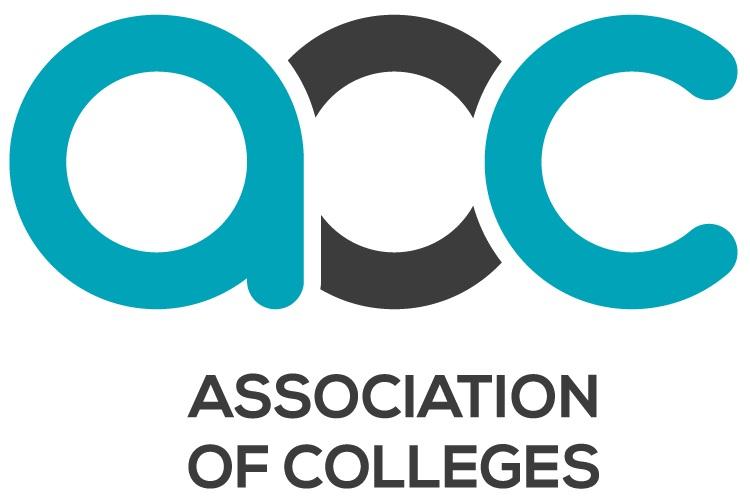
Eleven colleges across the UK have been honoured at the Association of Colleges’ (AoC) Beacon Awards for excellence in providing high-quality technical and professional education and training.
The AoC Beacon Awards for further education and sixth form colleges were announced at a celebration event at the AoC Annual Conference and Exhibition in Birmingham.
The event celebrates the best and most innovative practice among UK further education colleges. They reward colleges that go above and beyond in providing high-quality technical and professional education. Award winners must also offer something exceptional to students and the wider community.
Each of the winning colleges have developed a programme that benefits the wider local community, helping young people achieve skills for the workplace or making education and training accessible to more local people.
The AoC Beacon Award winners include:
-
Weston College (Award for Students with Learning Difficulties and/or Disabilities and Widening Participation in Learning Award. This initiative required the reimaging, promotion and development of an inclusive learning culture and provision in custodial settings that was welcoming, well-paced, outcome driven and mirrored the high standards synonymous with the College.
-
Cardiff and Vale College (Award for Transition into Post 16 Education and Training) for a programme in which allows 14 – 16 year olds to attend College full time to access vocational courses alongside Maths and English GCSEs. The aim is to increase the number of 16 year olds remaining in education, providing them with a more vocational, meaningful route at this younger age as well as motivating and accelerating learners to achieve and progress into post 16 provision that will lead them onto a fulfilling career.
-
Weymouth College (Award for Sport in the Curriculum, sponsored by Vtct) for inspiring students to achieve, develop and excel through sport, health and fitness. The college’s school of sport and public services provides and promotes sport and fitness activities and competitions for all students at the college and the wider local community.
Carole Stott MBE, Chair of the AoC Charitable Trust, said: “Every year the Beacon Awards receive a large number of excellent submissions and the high standard made it hard for assessors to determine the winning application in each category.
“All the entries demonstrated the commitment of colleges to create the best possible experience for their students. The colleges can be rightly proud to be named as the winners of their category.”
Further education colleges provide high-quality technical and professional education and training for young people, adults and employers. They prepare over three million students with valuable skills for the workplace, helping to develop their career opportunities and strengthen the local, regional and national economy.
Notes to Editors:
Media Contact: Seun Robert-Edomi, Association of Colleges, 020 7034 9914/07733 542 881 seun_robert-edomi@aoc.co.uk
About the Association of Colleges: AoC’s membership includes 271 colleges in England, including general further education, sixth form, tertiary and land-based colleges. It supports, represents and promotes the interests of its member colleges, as well as the rest of the FE sector.
Further education colleges provide high-quality technical and professional education and training for young people, adults and employers. They prepare over three million students with valuable skills for the workplace, helping to develop their career opportunities and strengthen the local, regional and national economy.
Colleges are inspirational places to learn because education and training is delivered by expert teaching staff in industry-standard facilities. From basic skills to postgraduate degrees, colleges offer first rate academic and vocational teaching, in a range of professions including engineering, hospitality, IT, construction and the creative arts.
Sixth form colleges provide high-quality academic education to 16 to 18-year-olds enabling them to progress to university or higher level vocational education.

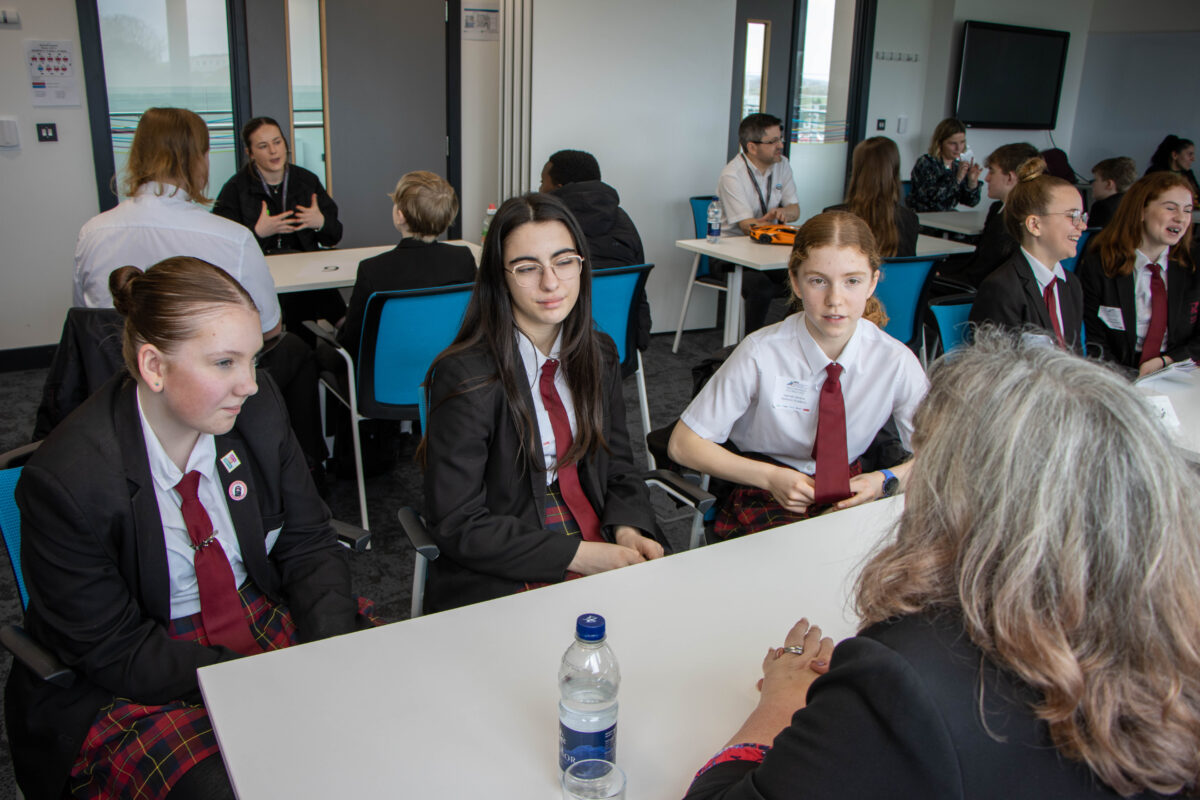
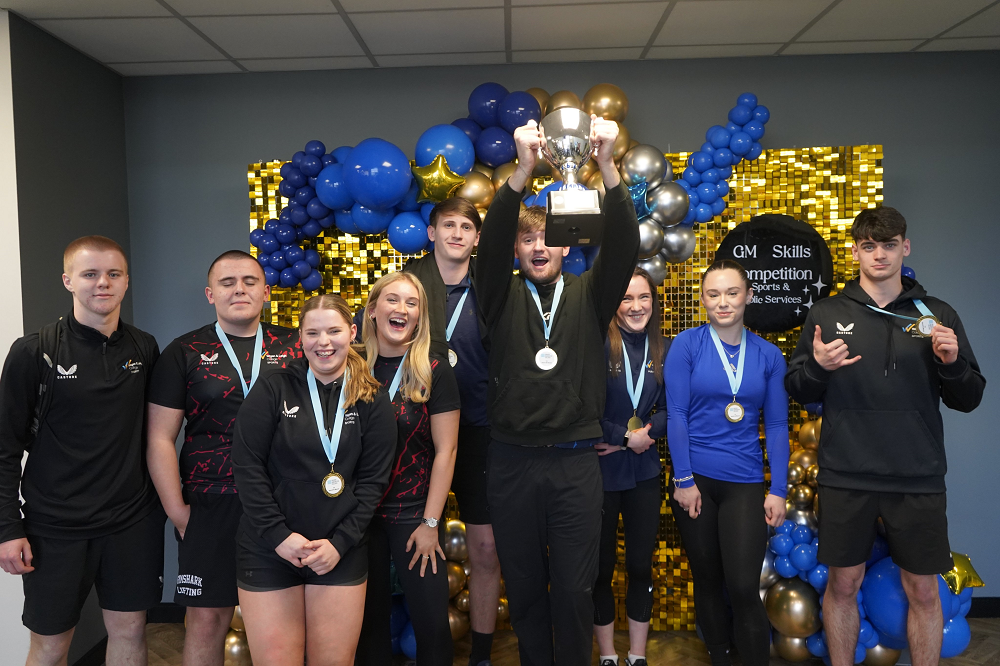
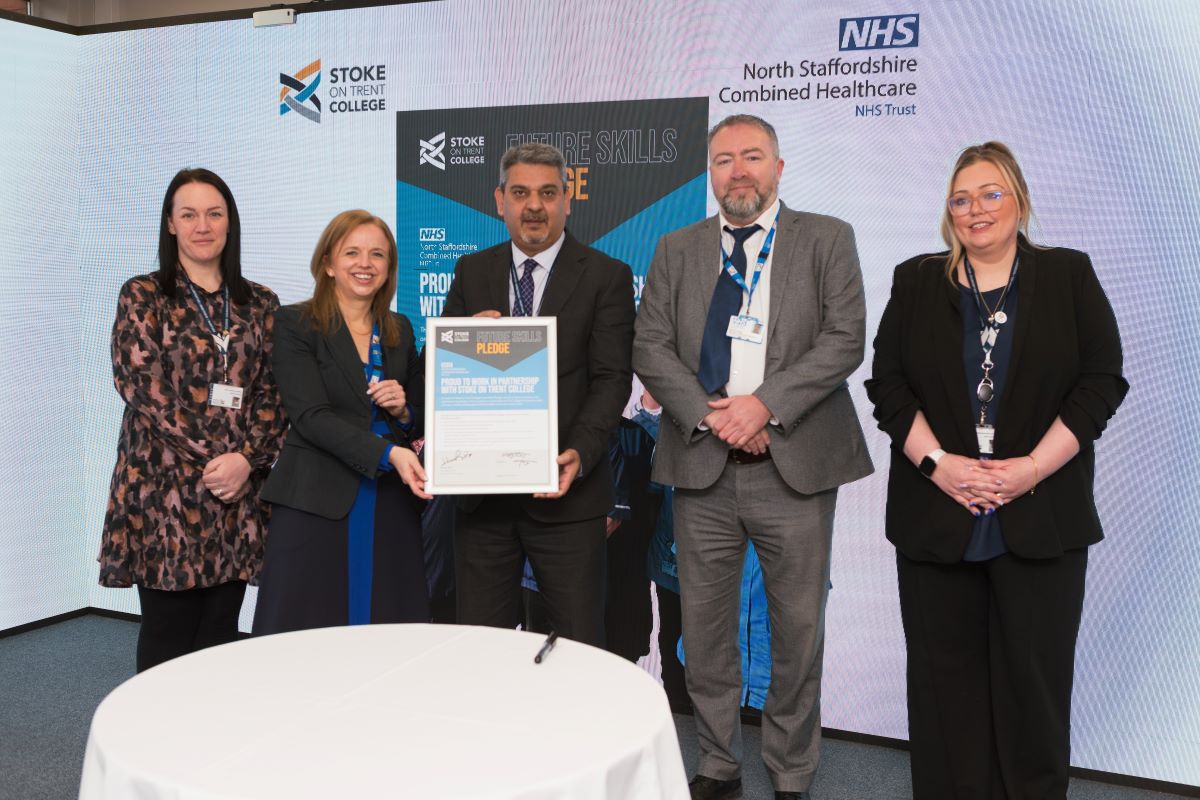






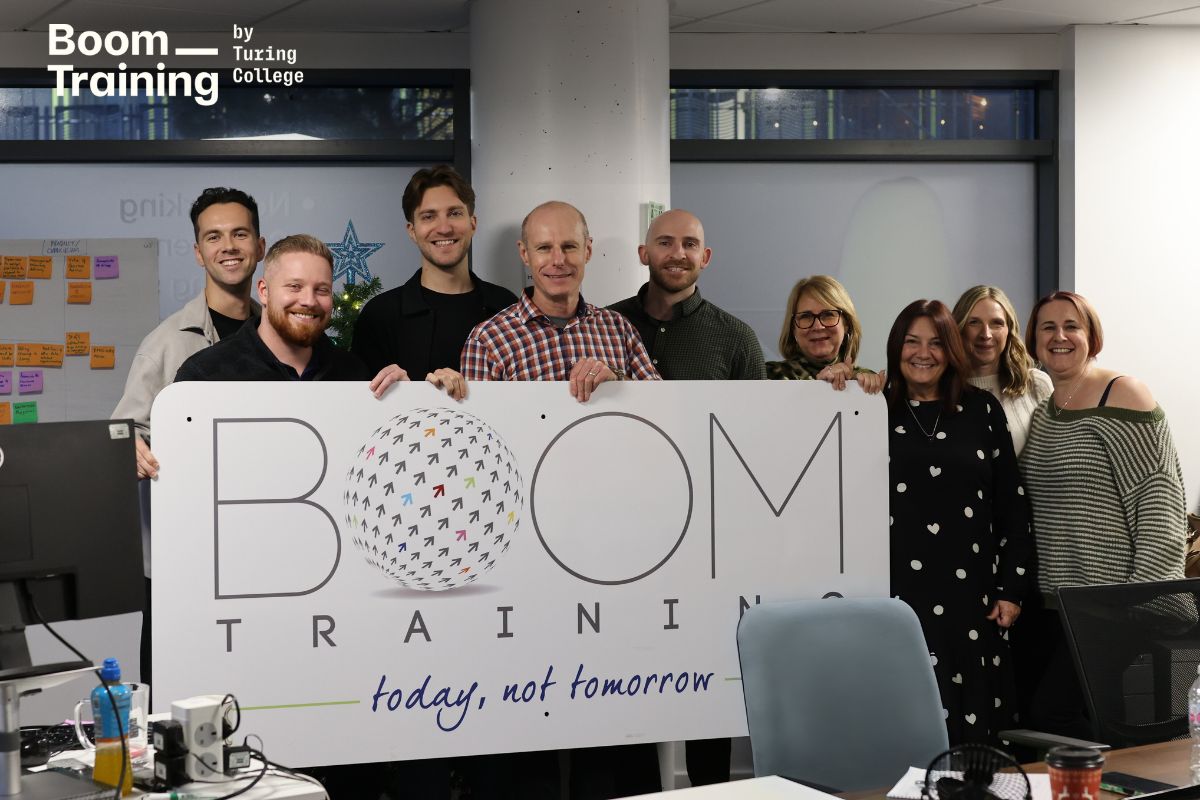
Responses